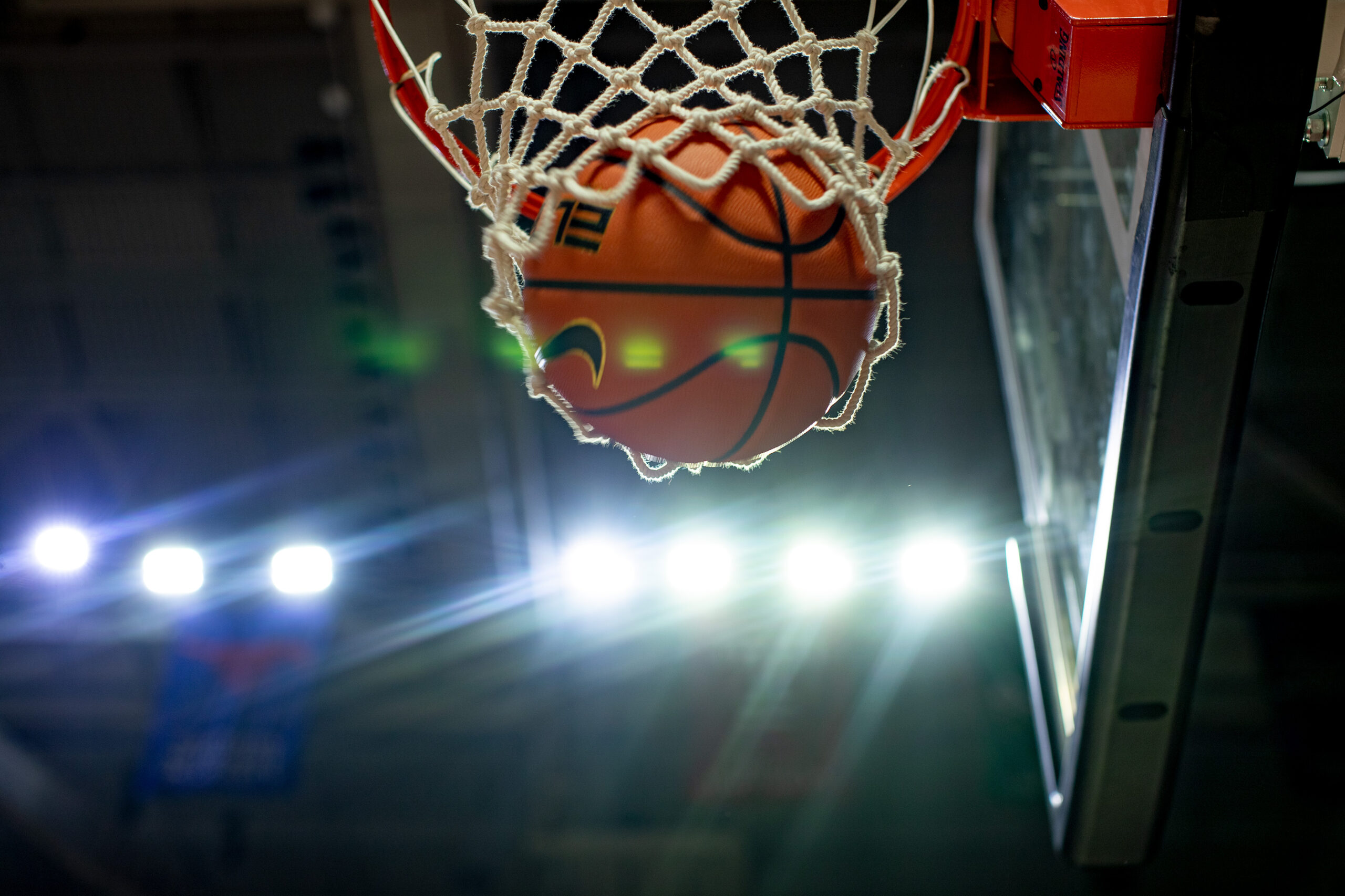A Seismic Shift with an Unstable Foundation: The NCAA House Settlement Under Scrutiny
The NCAA’s $2.8 billion settlement in House v. NCAA marks a seismic shift in college athletics. For decades, the NCAA denied college athletes the right to earn any money from their participation in sports, arguing that doing so would undermine the “amateurism” model of college athletics even as it raked in massive revenue—$1 billion annually from “March Madness” alone. Accepting a slice of pizza or a ride to the airport from a coach could be deemed an impermissible “extra benefit” that landed the athlete in hot water with NCAA enforcement staff. Even when their images were used to sell video games, the NCAA made money, their school made money, and the producer of the video game made money—but the athlete could not be paid a dime. The House settlement, reached because of massive damages that the association faced from lawsuits under the antitrust laws that threatened its very existence, changed the landscape completely. Schools can now share up to $20.5 million of their annual athletic revenue from media rights deals, ticket sales, and sponsorships directly …


